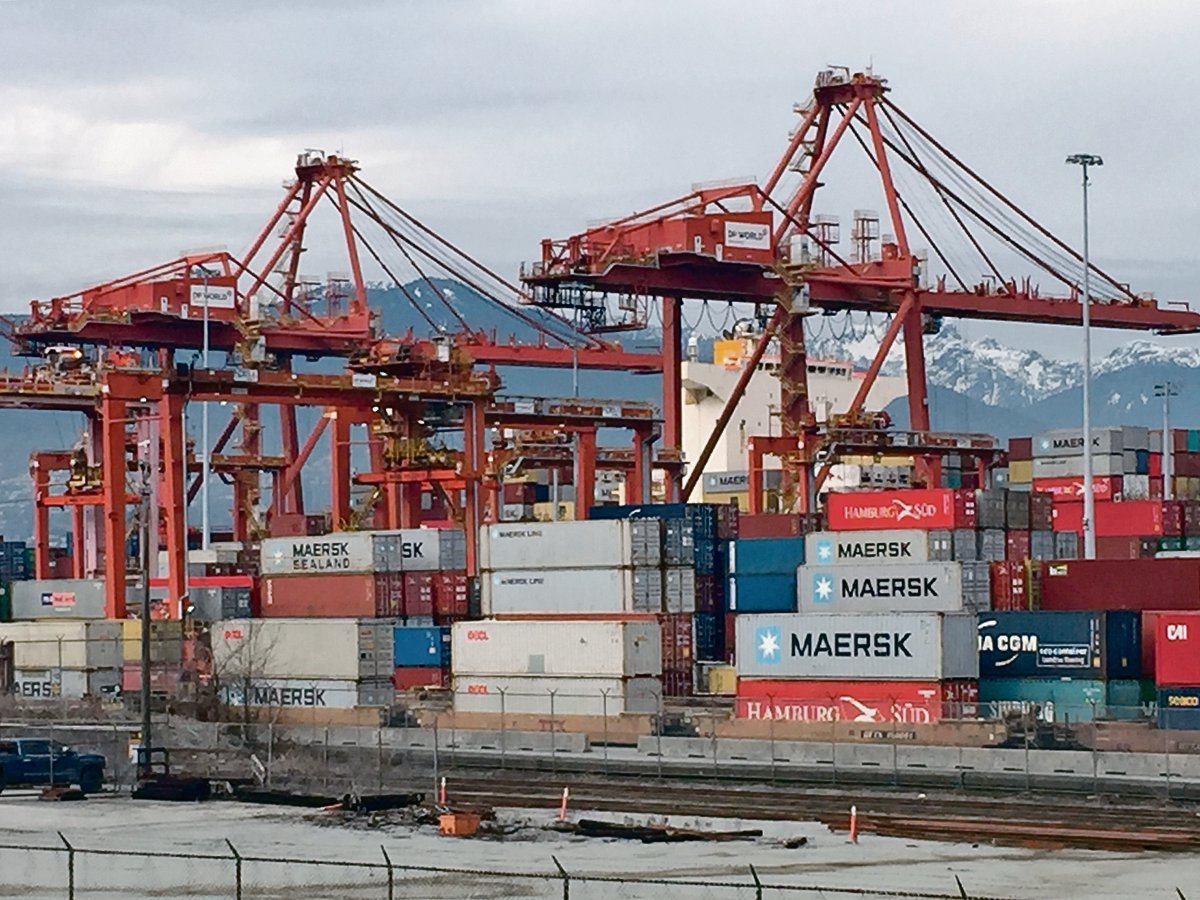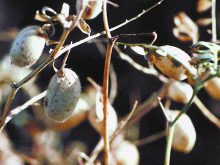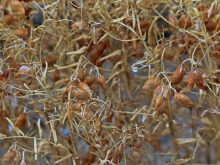Michael McCain tends to speak in metaphors when describing his company’s business endeavours. Last week was no exception.
The president of Maple Leaf Foods was in Brandon to talk about the state of Canada’s pork industry and to outline the company’s intentions to add a second shift at its hog slaughter plant there.
He referred to the rapid rise in the value of the Canadian dollar over the past three years as a currency hurricane that has brought huge challenges for the Canadian pork industry.
Read Also

Message to provincial agriculture ministers: focus on international trade
International trade stakeholders said securing markets in the face of increasing protectionism should be the key priority for Canada’s agriculture ministers.
And when talking about ways to withstand the hurricane, he spoke figuratively about building an ark.
“We know the ark can and will be built with a sunny day on the other side of the storm,” he said Sept. 12. “We trust (that) the leaders we need to collaborate with share this vision.”
McCain said the Canadian currency has appreciated 40 percent since 2003. That not only made Canadian pork exports less competitive, but also made imports of foreign pork more attractive in Canada.
“These currency challenges in exchange rates have ravaged the global cost competitiveness of Canadian manufacturing for export industries. Pork is no exception.”
While ranking currency as the top challenge for the country’s pork industry, McCain said there are other issues adding to the stormy times.
He noted the United States generally is more efficient in its pork processing because of large-scale plants that operate double shifts, rather than the single shifts more common in Canada.
South of the border, 17 of the top 20 plants run double shifts, he said. In Canada, only three of the 23 plants are double shifted.
He described global trade issues as a continuing threat to the Canadian pork industry, citing the vulnerability to countervail and anti-dumping disputes. He considers the collapse of world trade negotiations as a great disappointment in failing to improve access to world markets for Canadian pork.
Meanwhile, the Canadian pork industry is confronted with the emergence of rivals that are lower cost and less regulated in China, Brazil and Chile, said McCain. Canada’s high standards on food safety, humane animal handling, labour and the environment are sources of pride and strength, he said, but they impose high costs compared to nations without those same standards.
“We maintain an unwavering commitment to the values that underpin (Canada’s standards for pork production), including environmental responsibility. We simply need to ensure we don’t create a bridge so far that it leads to the competitive demise of our industry.”
Despite the challenges, McCain pledged that his company will not cut and run to countries with lower standards and lower costs.
“We do not fly a Maple Leaf corporate flag of convenience. We are committed to maintaining our core primary and secondary pork processing in Canada and here in Brandon. Cut and run is simply not an option.”
McCain listed some things he considers imperative for the future of Canada’s pork industry:
- Collaboration: “We need to find ways to work better together to collectively reduce our cost structure and remain competitive. The answer here is not to try and succeed on the backs of the supply chain partner.”
- Scale: McCain repeated his view that the industry’s costs are inflated by processing plants that are small and underused. In some parts of the country, the average farm size is also too small to compete, he said. “We have to think big and think global if we are to regain our competitive position. Industry leaders and government alike should resist policies that encourage or protect smallness. This is no time for political correctness.”
- Substantial cost reduction: McCain said costs of production in Canada need to be brought in line with the U.S., partly through more efficiency in hog slaughter and processing, but also through improved feed efficiency in hog barns and increased hog weights.
- A renewed commitment to responsible growth: That includes high standards of due diligence and care concerning the environment, and understanding the strains that the industry can create in communities, said McCain.
“Unbridled expansion in any industry can threaten our values as it relates to environmental or community stewardship.”














